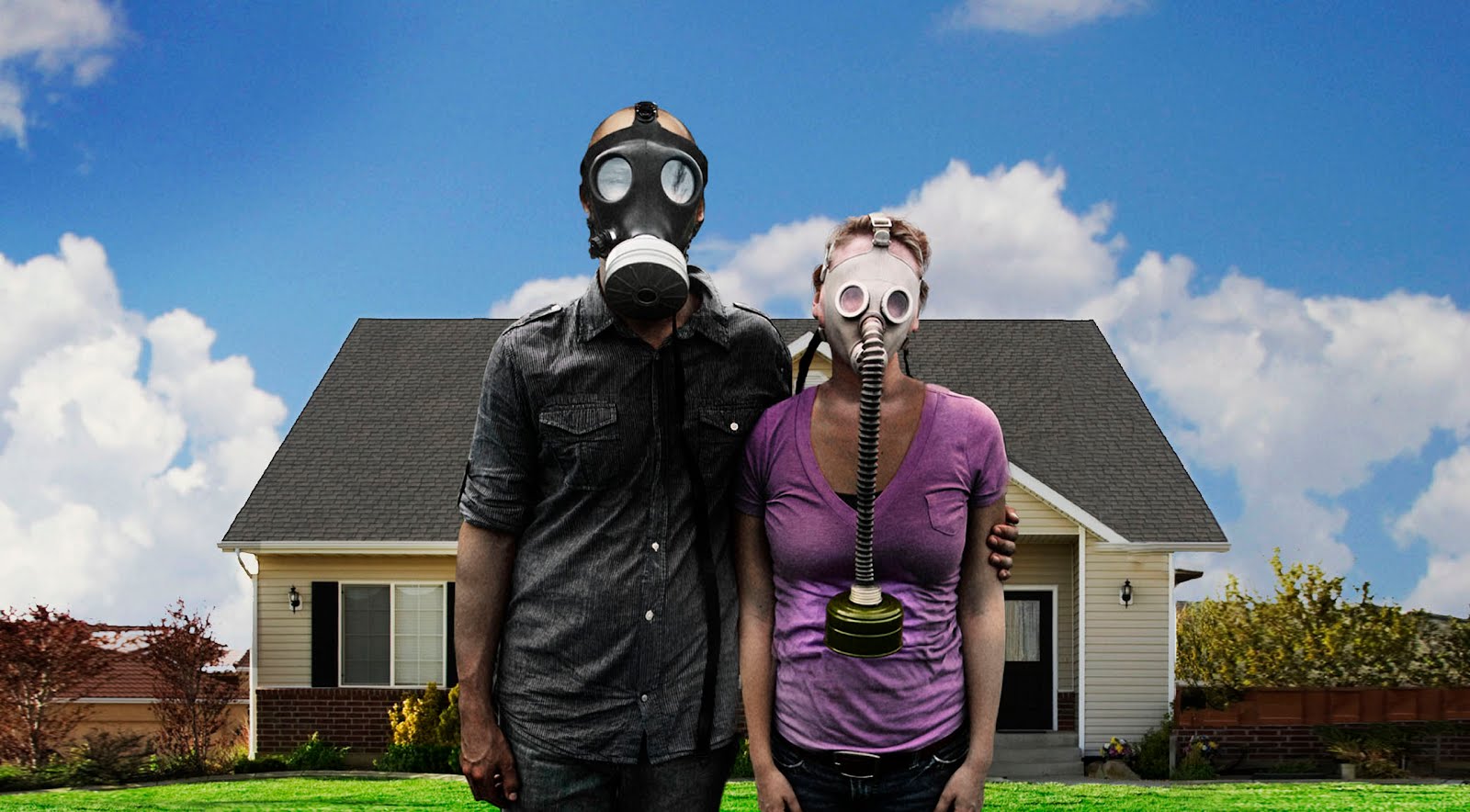Our sermon text for this Sunday will be Luke 21:5-24. This is a portion of Scripture where Jesus warns Christians about a pending disaster, that being the destruction of Jerusalem. The Christians were not told specifically when this disaster would happen, but they were given a sign. In verse 20, Jesus says that when they see the armies surrounding Jerusalem then they should immediately flee to the mountains. “Let those who are inside the city depart,” Jesus says, “and let not those who are out in the country enter it.”
What Jesus was describing in these verses is an evacuation plan for escaping the disaster that would soon come upon the city of Jerusalem. We know that this event finally happened when the Romans attacked Jerusalem in 68 AD. It took two years for the Romans to prevail in their attack, finally achieving victory in 70 AD. During those two years, those who were inside the city were unable to leave. Supplies were cut off. Hunger and starvation were followed by agonizing death. Anyone who did not heed the words of Jesus and escape to the hills ended up being trapped inside the city of Jerusalem and suffered a horrible death.
There are many people today who are concerned that disasters of this nature are likely to happen in America. Some of those who are particularly concerned are making disaster preparations, such as storing large quantities of food and water. These modern day disaster survivalists are referred to as “preppers.”
Since the prepper population is growing larger and larger in our society, it behooves us to have a biblical perspective on disaster preparedness. Therefore, we’ll be looking at Luke 21 and other passages this Sunday to see what God has to say about preparing for disasters.
You’ll find a few questions listed below that you can ask yourself as you consider this subject.
1. Is making disaster preparations an indication that the Christian is not trusting in God? How does a Christian prepper reconcile his attitude and behavior with Matthew 6:25ff?
2. Can you think of biblical examples where God’s people were told to make preparations?
3. Can you think of biblical examples where God’s people were told not to make preparations?
4. Compare and contrast your answers from #2 and #3 above. Do you see any patterns or principles that can be applied to the modern practice of prepping?

